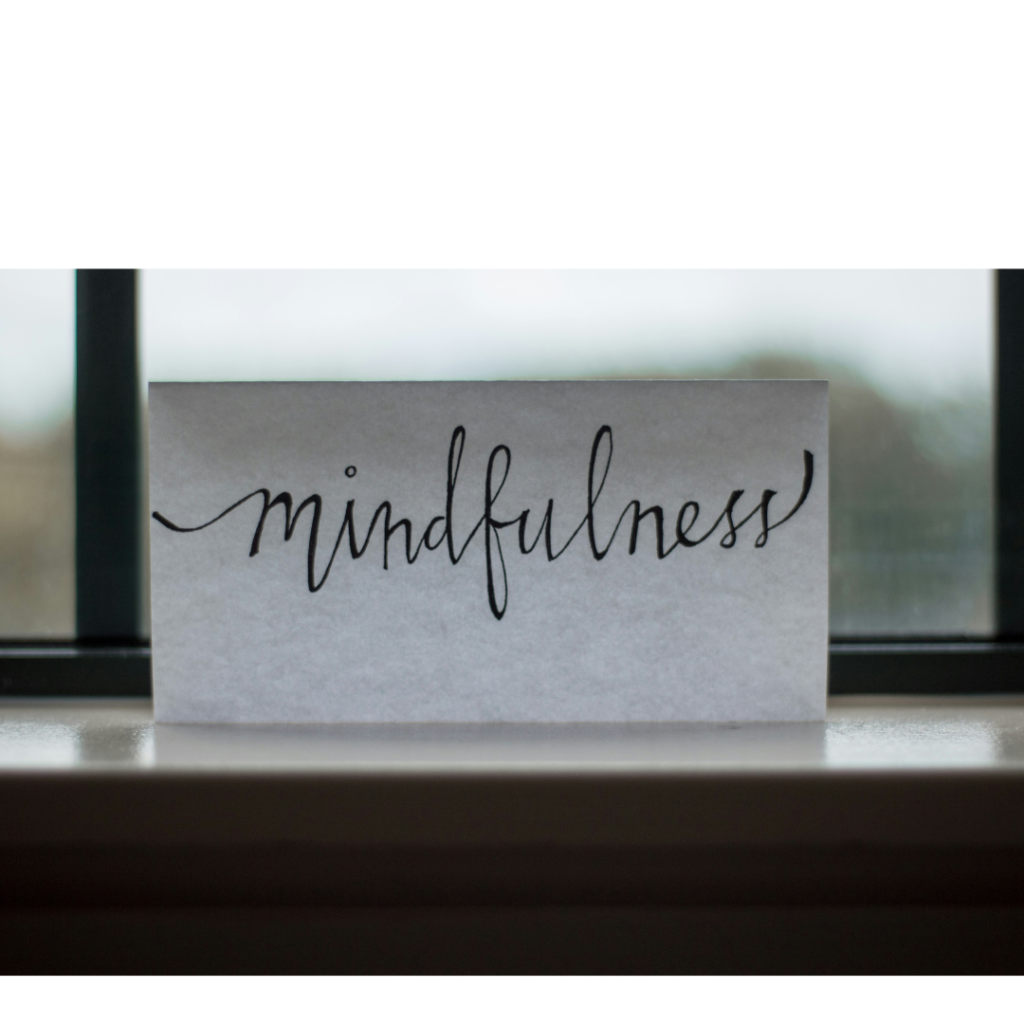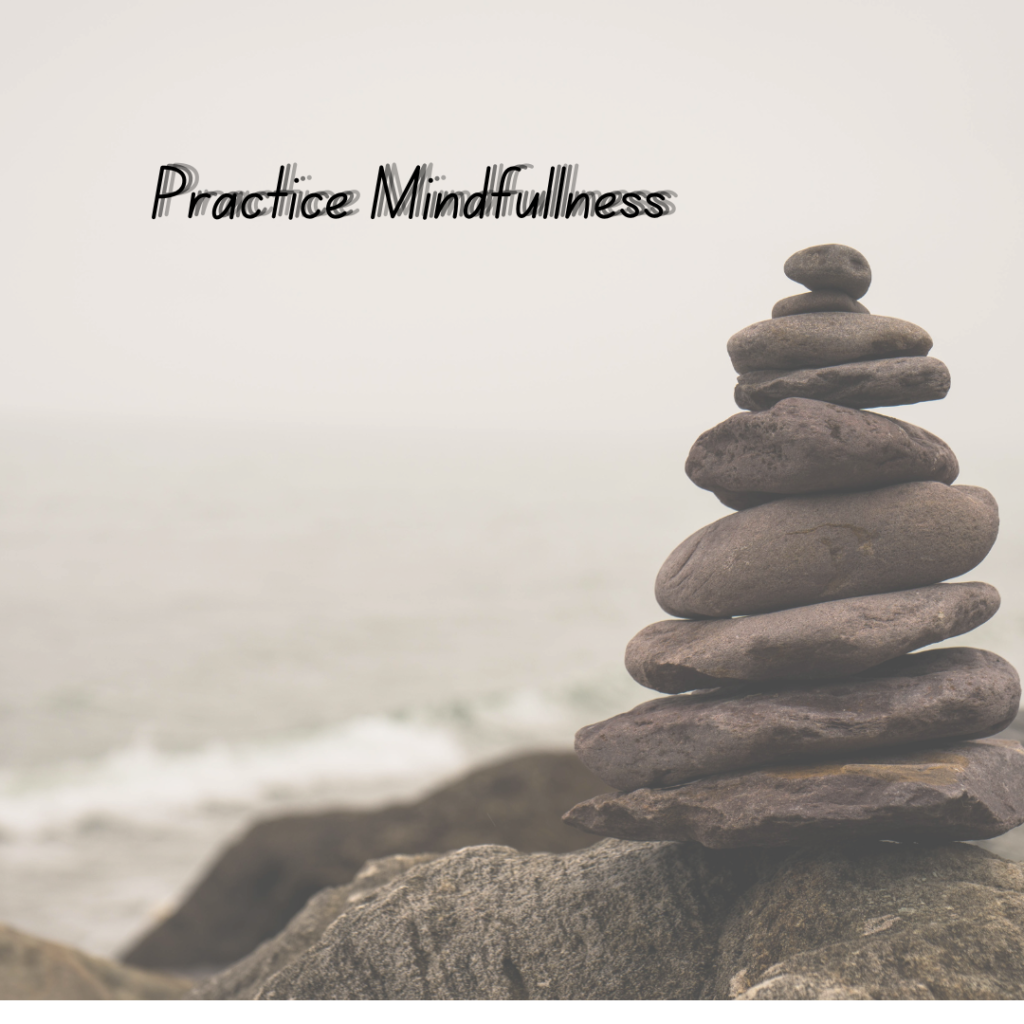Mental health has become a more relevant topic today in the fast-paced world we live in. Chronic stress, a flood of work, and societal pressures weigh down on the best of us to care for our mental health. What if a single tool could help you effectively manage your stress, cultivate emotional well-being, and enhance your mental health in 2025? Enter mindful living.
Mindfulness is defined as paying attention to the present moment without judgment or analysis. It is a way to break free from the noise of everyday living and get more in tune with what you are thinking, feeling, and experiencing. Considering the above ideas, this article aims to uncover how mindful living can benefit your mental health at large and why it would be relevant in 2025 more than now.
What is Mindful Living?
Mindful living is to be completely present in every instant of your day: when eating, walking, or breathing. Mindfulness is about learning to notice your thoughts and feelings without judgment. Yes, this is rooted in mindfulness meditation — but that hardly means you need to sit cross-legged on a mat for hours. No, mindfulness is weaving a spiraling gyre through what was once an asymmetrical labyrinth of indulgence.
On a fundamental level, mindful living is all about awareness — an awareness of your surroundings as well as the emotional character within you. If you can shift your focus to this instead, then autopilot mode where the mind is often lost in thoughts about the past or worries of the future is broken.
Why does mental health talk so much about Mindful Living?
Mental health challenges are more than just anxiety, depression, and increased stress on a larger scale by 2025. These mental health complications are often the result of external forces, like work or dating or what society expects from you. This is when mindful living comes into play and can help us tackle all of these challenges in a practical as well as healthy way.
A key benefit of being mindful in your life is that living mindfully can help you manage stress and anxiety levels. Studies have demonstrated that mindfulness can reduce levels of the stress hormone cortisol, a physiological mechanism linked to both chronic and acute forms of anxiety.
How it Can Positively Affect Your Mental Health
Reduces Stress and Anxiety
Mindfulness taught you to focus on the moments instead of worrying about the future or throwing yourself down a downward spiral of self-loathing over past regrets. When you build this awareness, your mind has less room to foster anxiety.
Here’s how it can be beneficial for your mental health:
- Minimizes Stress and Anxiety
The most important benefit of mindful living is that it helps minimize stress and anxiety. From research, it was concluded that mindfulness practices decrease the level of cortisol, which is a hormone directly connected to stress and anxiety.
Mindfulness trains the mind to focus on the present moment instead of ruminating on concerns about what may happen in the future or dwelling on past mistakes. It is because you create a mental space in which anxiety does not have much room to come through within this awareness.
Introduce a simple 5-minute mindfulness meditation at the start of your day. Sit comfortably, close your eyes, focus on breathing, and breathe in fresh oxygen into your lungs. Keep it inside for some seconds, then exhale slowly. When thoughts come popping up, refocus on your breath.
- Emotional Control
Mindfulness helps you regulate emotions by being able to observe your emotions without being overwhelmed by them. Rather than acting out of impulse over things or emotions, mindful living encourages pausing first and then responding very thoughtfully.
This will, in due course, gradually increase your emotional resilience and provide you with better control over your mood. You become more sensible about emotional triggers and know how to address them in a balanced way rather than bursting into emotional outbursts or entering into negative thought patterns.
Actionable Tip:
The next time you feel frustrated or upset take a mindfulness pause. Pay attention to your breath and check in with your body. Do you feel tension or heaviness anywhere? What emotions are you experiencing? Without judging yourself as you develop this awareness space is opened for a more thoughtful response.
- It Improves Clarity
Living mindfully also boosts concentration and mental clarity. Today’s world is riddled with distractions-from social media alerts to inbox stuffing emails. Mindfulness teaching focuses one’s attention on what really matters most in the moment; this can lead to more productive time and a lesser feeling of being overwhelmed.
Some mindfulness exercises include deep breathing or mindful listening. They help the brain to stay focused and attentive, and therefore processing information will not be hard to consider with minimum distraction.
Try the Pomodoro Technique with a mindful twist: Work focused for 25 minutes, then stop for 5 minutes to do some mindfulness practice: deep breathing or sitting quietly, observing your thoughts without judgment. This helps reset your mind, and helps to improve concentration.
- Builds Positive Attitude
Mindfulness, therefore, encourages a positive mind because you are able to notice and appreciate the small joys in life. You would enhance your overall mood and increase feelings of happiness by paying more attention to your thoughts and continually shifting from a negative mindset to a more balanced one.
Mindfulness practice also encourages gratitude, which is known to be a good way to enhance people’s well-being and strengthen the feeling of contentment. A mindful life teaches you to appreciate the present moment and not be focused on future achievements or reflect on your mistakes in the past.
Actionable Tip:
Begin keeping a gratitude journal and promise to list, each day, three things for which you’re grateful. You start to build into your head a focus on what is going right, and that sets you up for a more optimistic position in life.
- Promotes Quality Sleep
Mindfulness can greatly affect your sleep. For most people, they fail to have good sleep because of the racing thoughts and anxious feelings in the evening. The more mindfulness is practiced before sleep, the calmer the mind will be, making a peaceful mental space to rest.
Release tension and relax by activating your deeper, restorative stages of sleep with mindfulness practices such as deep breathing or progressive muscle relaxation.
Actionable Tip: Spend 10-15 minutes on mindful breathing immediately before bedtime. Focus on your breath until your mind begins to wander. Then gently guide that mind back in the direction of its goal, which is to minimize its stress and quiet.
There is no need to complicate mindful living. Here are a few easy ways to start infusing mindful living into your daily life in 2025:
- Mindful Eating
Take time to actually savor each bite of food. Pay attention to the textures, tastes, and odors of your meals. It helps you with digestion and you do not have that huge tendency to overeat. - Mindful Walking
Every time you walk, be it to the office or only around the block, pay attention to your environment. Pay attention to your body and surroundings, noticing how the ground beneath your feet and the sights, sounds, and smells around you feel. This practice can purify your mind and reconnect you with your body. - Mindful Listening
Listen to people without judgment or distraction. Try to offer your full attention and presence in the conversation. This increases relationships through deeper connections. - Mindful Breaks
Check-in within yourself by taking short breaks now and then in the day. Move away from work or your phone, close your eyes, and breathe a few deep breaths. This can recharge you and refocus you.
The Future of Mindful Living in 2025
Mindfulness, an extremely important practice for keeping our minds healthy, will certainly be on the scene in years to come. Related to these issues, increasing consciousness of mental health also promotes more individuals to take up mindfulness as a path that can diminish stress, while adding to emotional well-being and quality of life.
The beauty of mindfulness lies in the fact that it doesn’t require drastic changes in lifestyle. Small and consistent steps can add up to big results. The difference mindfulness can make is often microscopic, yet it can build into something huge: mindful breathing; mindful eating; a moment in your day – whatever it takes – can make a difference in the mental health process.
Mindful living is not some fad; it is one of the most robust techniques to be able to enhance one’s mental health in 2025. Since it helps bring down stress, gets the emotions right, and makes you focus, and be positive, mindfulness can change your life around completely. So, why not begin today? Take a deep breath, live in this moment, and commence your road toward better mental health through mindful living.



